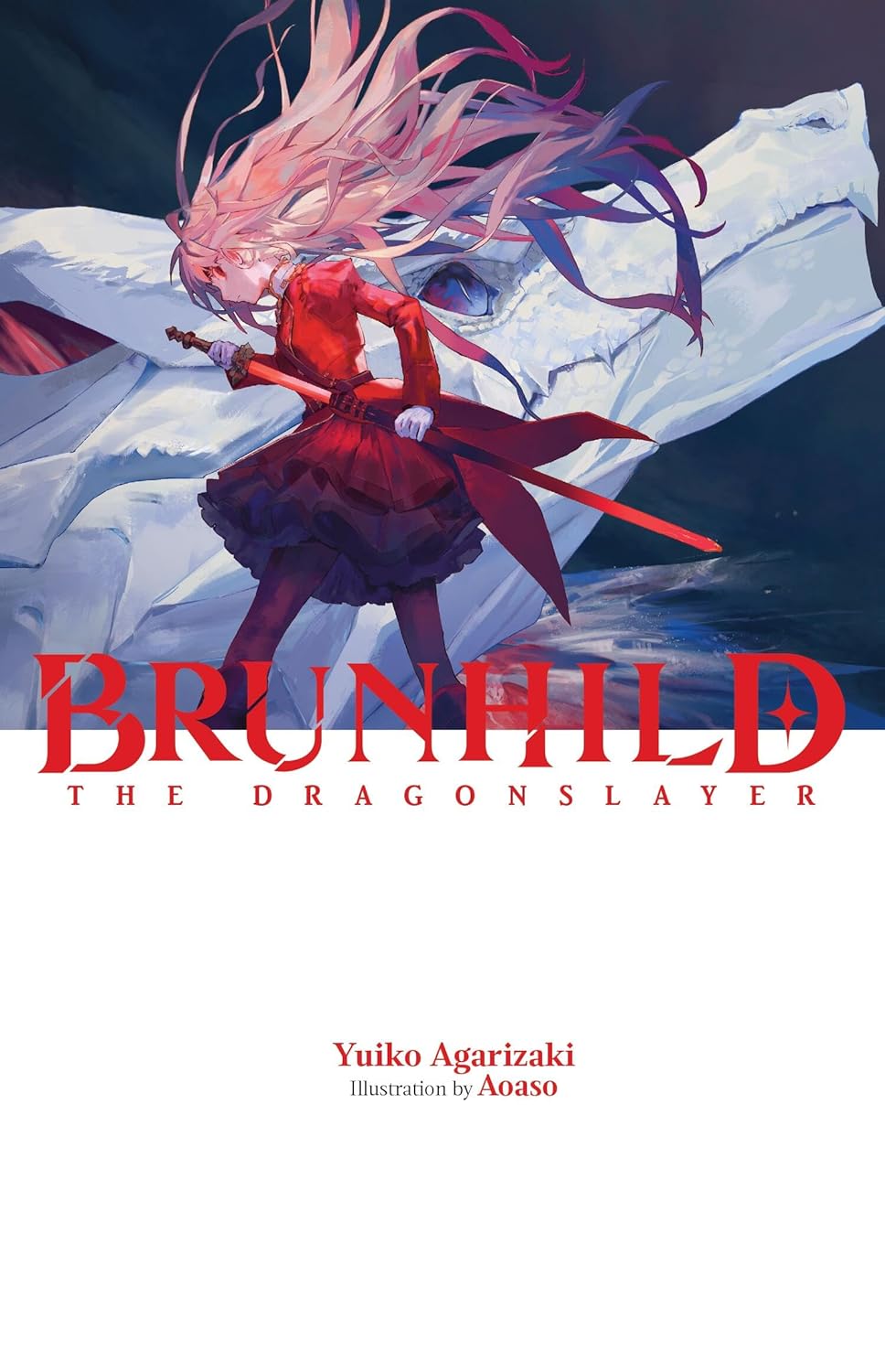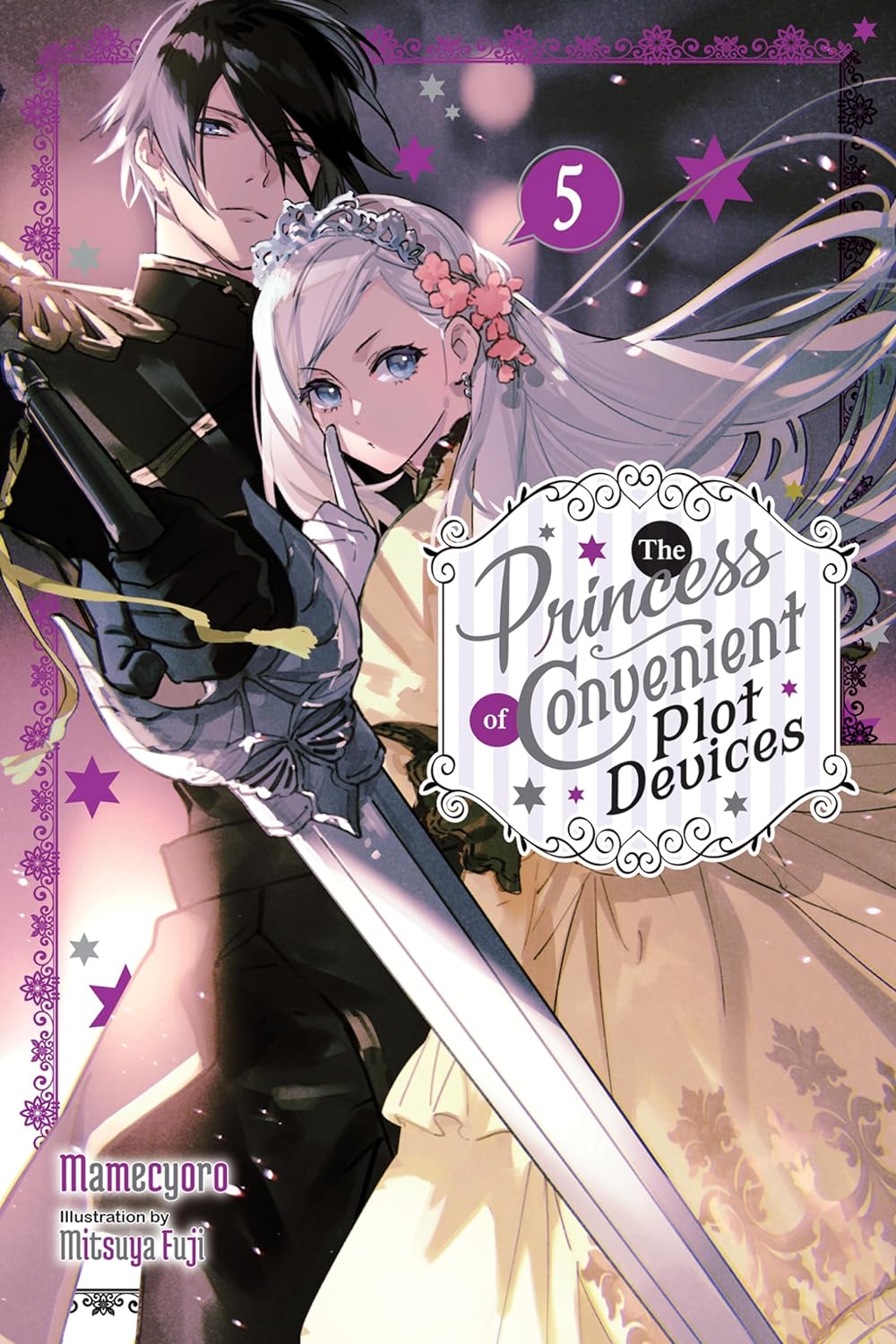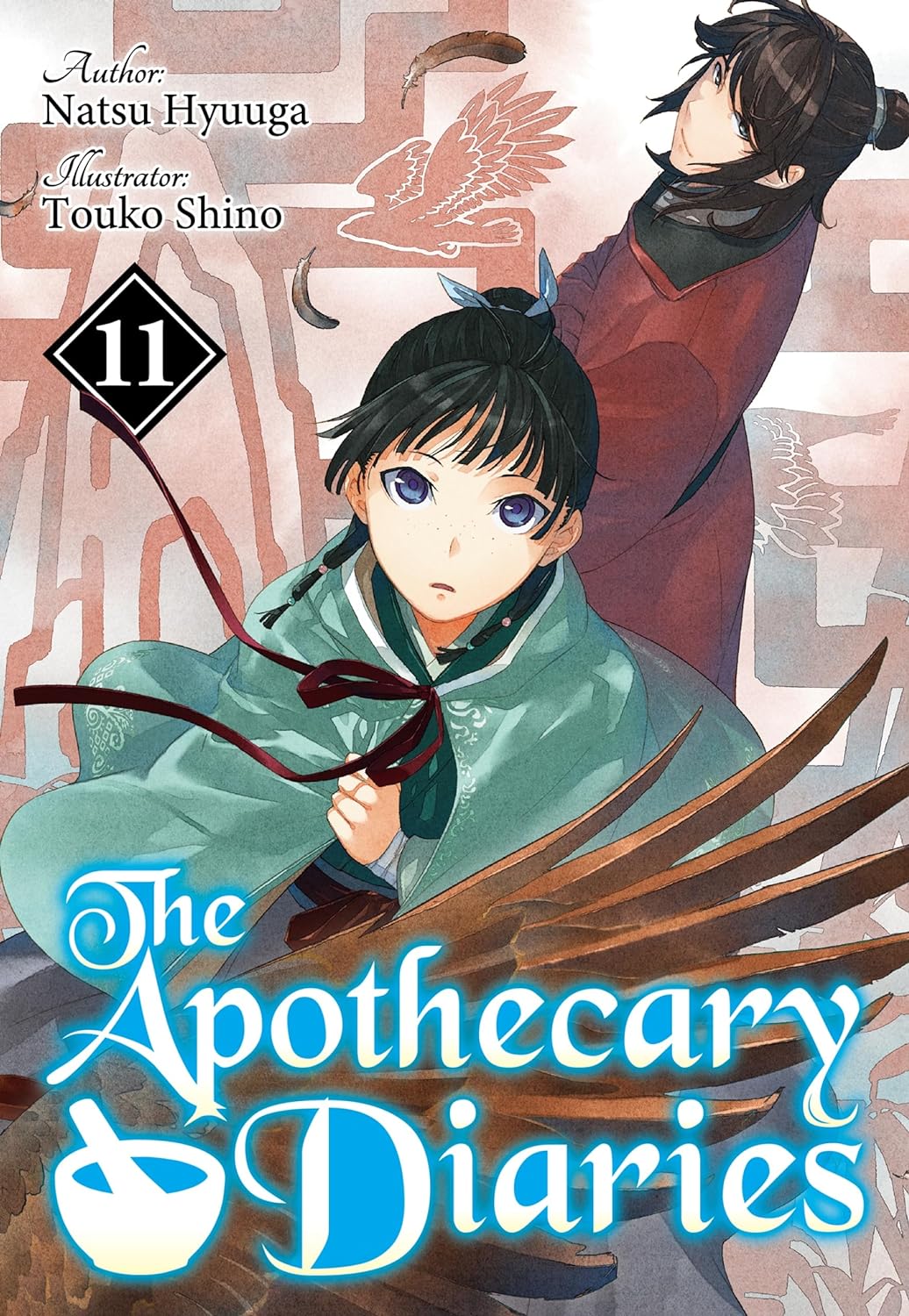By Yuiko Agarizaki and Aoaso. Released in Japan as “Ryugoroshi no Brunhild” by Dengeki Bunko. Released in North America by Yen On. Translated by Jennifer Ward.
About a month ago I gave a rather savage review to a villainess-style novel about a lady getting her revenge because the revenge she got was beyond all possible reason. It made her loathsome. It defied the genre. That’s why I really hated it. That is not, though, to say that I inherently dislike tragedies with the death of innocents. They just need to be set up correctly. Everything about Brunhild the Dragonslayer, from the quote on the frontispiece of the book to the afterword, tells you that this is not going to be a happy book. But the genre is, essentially, opera. It’s Wagnerian, and everything about it, from the start to the end, tells you this will end in blood and gore. When a villainess “gets revenge”, at most it ends in a heroine having to be shut away in a hospital or a prince being exiled. When Brunhild gets revenge, the heavens cry and the city weeps. It’s that kind of book. It’s also really excellent.
A powerful silver dragon lives on an island of Eden, where everything is… well, much like the Garden of Eden. The dragon occasionally has to massacre the humans who come to the island to try to kill him and get the treasures and knowledge from the garden, a somewhat fruitless endeavor given that the moment the dragon dies the garden burns up. But one day a 3-year-old girl, mortally wounded, is found on the island, and she’s covered in the dragon’s blood, which is lethal to humans. Well, mostly. 1 out of 10,l000 humans survive. Guess what, the girl is one of those. For the next several years, the girl grows on the island, and eats the fruit of the island, is friends with the fauna, and loves her dragon dad. Then humans finally invent tanks and poison gas, and the dragon is killed. His final request of his daughter is not to seek revenge. Erm. Bad news there.
Getting the bad out of the way here, there is some weird incest subtext in this that I felt was unneeded, and it comes up a couple more times as the book goes on. IMO, it’s unneeded. (Probably down to the Wagner motifs.) The rest of the book, once we get to the girl (now called Brunhild) and her life in the human world, is riveting. Every time that she asks an innocent character who seems to like her where her father is (her human father, that is), you can hear the metaphorical tolling of a bell. It’s also terrifying how quickly she is able to manipulate the human heart, playing on the same emotions that other see in her in order to try to achieve her goals. There is one case where she actually seems to bond with someone – her human father’s other son, Sigurd, who is dealing with a bad case of parental disinterest and jealousy, genuinely bonds with her. But that bond is not enough. Revenge has to win.
After finishing the book, you will no doubt be as surprised as I am that there’s a second volume coming out soon. Judging by the synopsis, it features the same themes but a different cast. As a standalone, though, this is gloriously bleak, tragic, and upsetting. Recommended.



